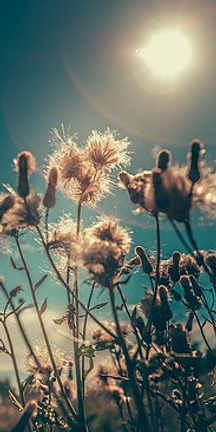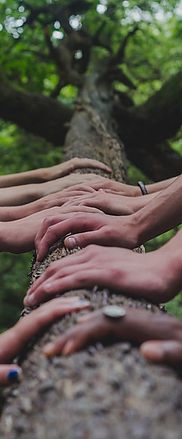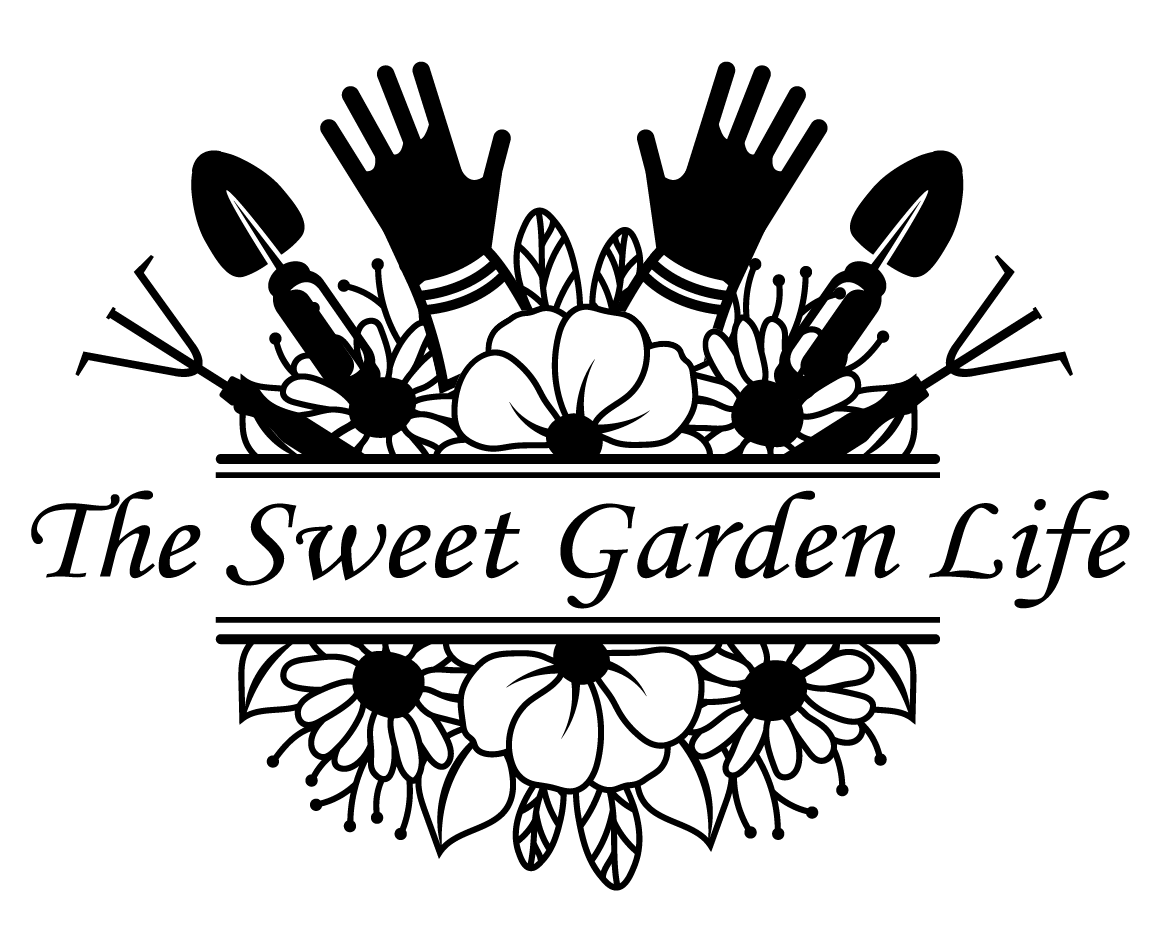How To Learn From Plants – Social Harmony

Many people plant flowers to add fragrance and beauty to their gardens. Others may plant gardens to reap the benefits from the harvest. One obscure reason people could and should sow plants is to learn from them. I’m not sure many people know this, but society could learn a lot from plants. Plants live harmoniously with one another. Through understanding not only the life cycle of plants but comprehending how they live together and help one another thrive, humans could help make the world a better place. This post will discuss how to learn from plants to create social harmony.
An Interview
I recently heard an interview with Beronda Montgomery on “Lessons From Plants”.
“Beronda Montgomery is a writer, science communicator and Michigan State University Foundation Professor in the Departments of Biochemistry and Molecular Biology and of Microbiology & Molecular Genetics.” Source: Wikipedia
She discussed the why and how we could learn a lot from raising plants in our homes and outside gardens.

The Toll of Year 2020 – Good and Bad
This past year has taken a toll on all of us, be it from isolation, the loss of a loved one, a change of life style, confrontations with friends regarding politics, vaccines, Black Lives Matter and so many other topics. It has certainly been challenging, not only physically but mentally.
Each one of us has had to cope with tragedies and “life” in such a variety of ways. I know personally how the isolation took a toll on me and my family.
But now that more and more people are becoming vaccinated, things seem to be loosening up and I’m feeling a bit of relief and experiencing some breathing space.
However, not all is back to normal and quite frankly, I don’t think we should return to what was normal.

Back to Normal? I Don’t Think So
We had learned a lot these past months and I sincerely hope our short-term memory doesn’t forget all the good that has resulted from the recent trials and tribulations.
Here is where Beronda Montgomery comes in. During the interview she said many people found solace in raising plants. She believes, as do I, that all humans need to be with natural organisms. Actively interacting with life creates a healthy lifestyle and helps us become better humans.
What Plants Can Teach Us – Learn From Plants
Plants teach us about the process of life, how it begins, how it is nourished, how it thrives, and finally how it succumbs to death. By raising plants, humans learn patience. We also learn how plants benefit from each other.
They become more sustainable when grouped together because they share humidity and release chemicals that naturally deter pests, thus helping each other grow.
Talking Plants???
There has been some scientific proof that plants actually talk to one another. Plants use their roots to listen in on their neighbors and will secrete chemicals in the ground that will promote growth to adjacent plants to help them emerge from the shade and thrive in the sunlight. The plants alter their growth patterns by “talking” to one another.

Through companion planting, they also help each other. Plants add different nutrients and moisture to the ground which benefits themselves and their neighbors and encourages growth.
Plants are also constantly reaching for the sun. That could be a good metaphor for humans: without the sun all species will die. By reaching for the sun we will also continue to thrive and better ourselves.
Back to Normal? I Don’t Think So
We had learned a lot these past months and I sincerely hope our short-term memory doesn’t forget all the good that has resulted from the recent trials and tribulations.

Let’s Learn From Native Americans
Beronda Montgomery went on to explain how Native Americans use a polyculture technique for growing crops. They realized that different varieties of plants need each other to survive and thrive. Instead of growing all the same crop over massive fields, such as corn where all the stalks are competing for the same nutrients, it’s better to create biodiversity.
By planting different varieties of plants in the same area, the plants will do better because they won’t be battling for the same nutrients. Taller plants will provide shade for the shorter plants that don’t require as much sun and some plants inhibit pests that harm others. That is why Native Americans planted corn, beans and squash together.
Polycuture VS Monoculture
This polyculture directly relates to the human race. It’s much better to create an environment where all people are not competing for the same “nutrients” and where each will benefit from each other. Monocultures are not healthy or sustainable. Inevitably we all will begin to travel and spread our wings. We love to explore and experience new things.
Some people want to return to “the good old days” where the French lived in France, the Italians lived in Italy, the Irish lived in Ireland. Those days are long gone, my friend. Look at the United States! With the exception of Native Americans our country was built by immigrants from all areas of the globe. That’s why America is called the melting pot.
Learning From Each Other And PLANTS!!
To live in harmony with each other, it’s imperative that we recognize the contributions we all can make and learn to benefit from each others’ gifts and talents. We need to take a page from our plants. They naturally know how to benefit from each other’s attributes.
Now we humans, who are supposed to be so superior, need to learn a thing or two from the plants we cultivate through, among other things, using patience and empathy. (I admit I was sad when a plant of mine died!)
Yes, Beronda Montgomery has it right. We can learn an awful lot by adapting the life processes of plants to our life experience.
I’d love to hear what you think of this post. Please leave a comment below.
(As an Amazon Associate I earn from qualifying purposes.)
(Some of the links within this post are affiliate links on which I receive a small compensation from the sale of certain items.)
Happy Gardening!
Nina
